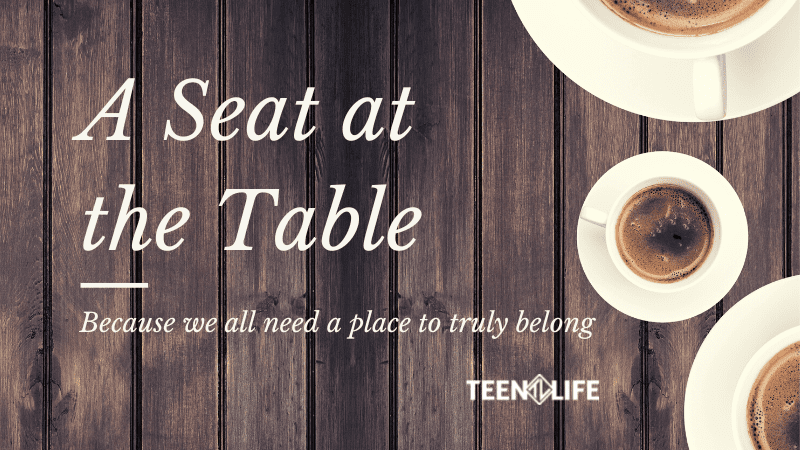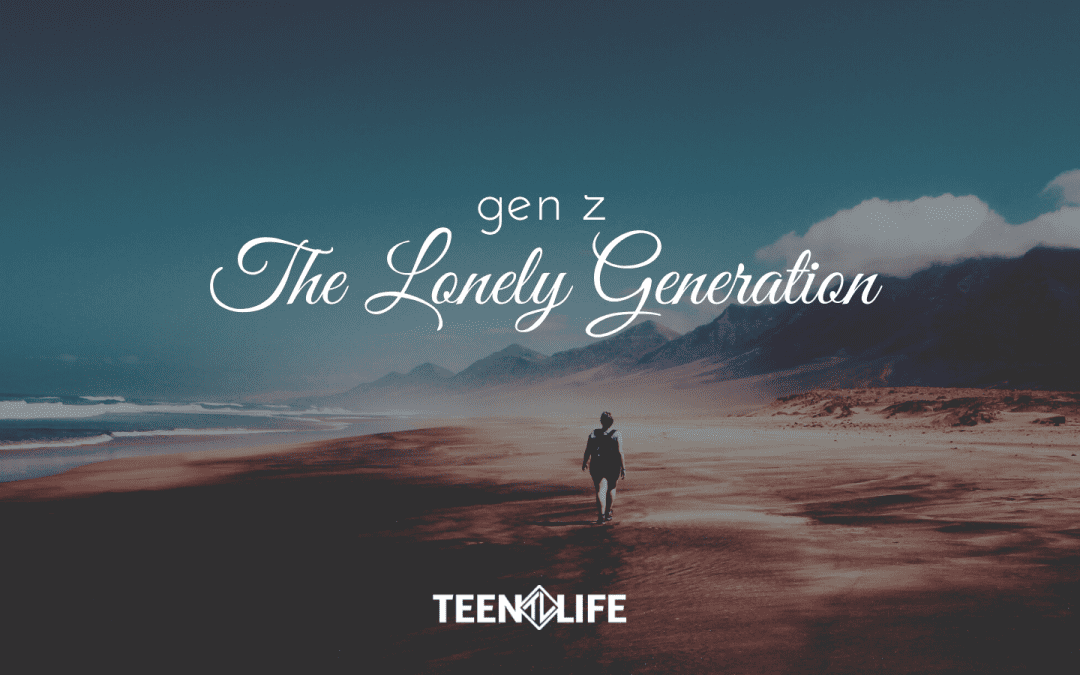
A Seat at the Table
No teen deserves to feel alone.
Last week, as we were working through an activity in our support group, one of the young ladies asked if she could step out in the hallway. She had a mask on, so I wasn’t quite sure if she was upset, but the counselor followed her out to be sure. About five minutes later, she re-entered the room and finished the group. While this didn’t seem like much, I asked the counselor what had happened with this student.
“Well, she got very emotional all of a sudden and needed a second. Apparently, the issues the other students were talking about were exactly what she was going through. She wasn’t sad or upset. She just got overwhelmed with knowing she wasn’t alone.”
Can you imagine? Well, of course, you can. We have all felt alone.
Alone in our thoughts. Our struggles. Our fears. Our failures. Our pain.
Feeling alone is like a millstone around our neck. The weight and pressure of loneliness is unspeakable. Not until that weight is lifted do we understand how much of a burden it was.
And that is where so many teenagers find themselves. Despite living in a world that is overly connected, most teens would tell you they are lonelier than ever.
This year at the Teen Life Dinner and Auction, we spent time focusing on the concept of the open table. That is, we all long for a seat at the table where we know we won’t be judged and where we can connect. That’s all we really want most of the time. We want to hear that we aren’t alone and that we won’t be rejected.
During adolescence we find crucial developmental milestones taking place. Autonomy. Differentiation. Self-actualization. Reflection. Establishment of core values. Identity formation. In other words, the most important stuff!
But imagine going through all of those milestones feeling like you were the only one in the world that was experiencing these things.
When a teenager is becoming “themselves” through the process of adolescence, healthy relationships are crucial to positive outcomes.
An open table is key. A teenager needs a safe place to turn when life gets difficult.
Will that be you? Will you be the non-judgmental presence needed when no one else will help? We need more safe people. Period.
How do we start?
Be shockproof. No matter what a teenager says to you or does, take it in stride. Be safe. Be a welcoming presence.
In doing so, you welcome them to the table where they can find the safety and connection they need to make the right decisions and become who they were meant to be!

Chris Robey
Former CEO
Chris Robey | Former CEO
Chris has spent most of his career empowering teenagers from all backgrounds. As the former leader of Teen Life, he is passionate about helping students make good choices while also giving adults the tools they need to communicate more effectively with teens. Chris is a graduate of Midwestern State University and holds a Master’s Degree in Family Life Education from Lubbock Christian University.

